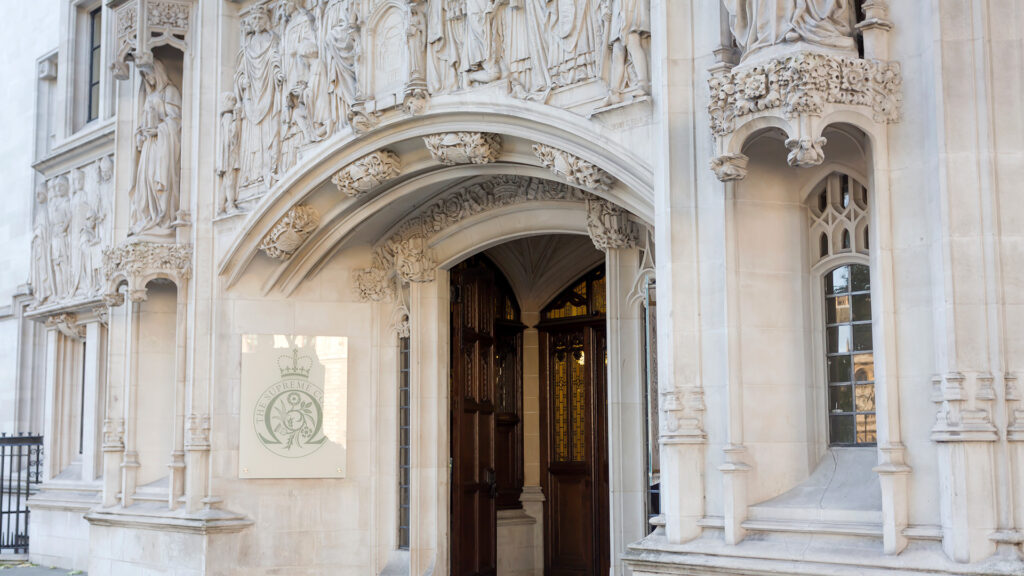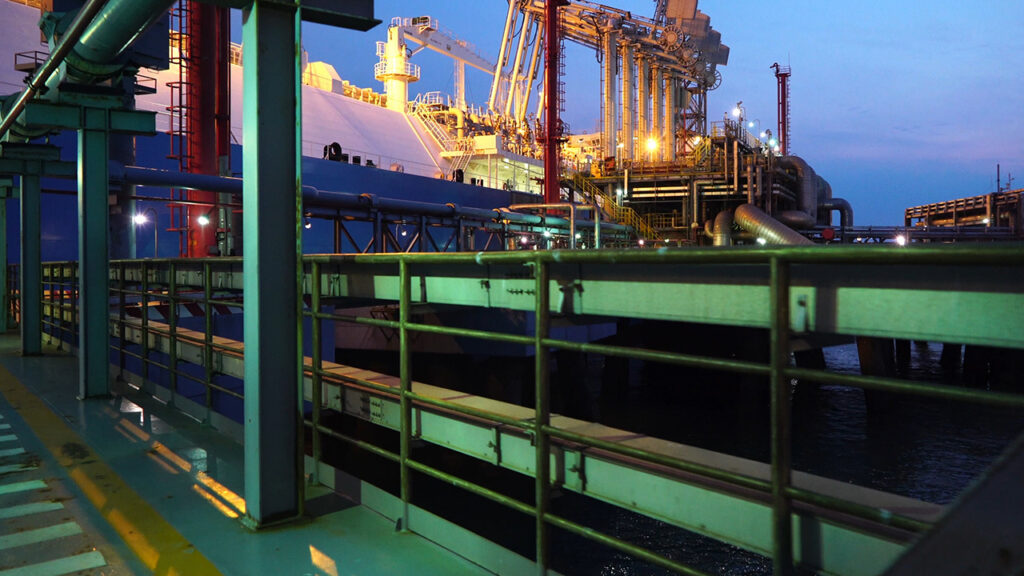
Re-imposition of UN Sanctions on Iran – What Does the “Snapback” Mean for Operators?
On 28 August 2025, the “snapback” mechanism built into United Nations Security Council Resolution (UNSCR) 2231 was activated by the UK, France and Germany (together, the E3).
This resulted in the automatic reimposition on 27 September 2025 of the UN’s package of nuclear and weapons related measures that were previously suspended under the 2016 Joint Comprehensive Plan of Action (the JCPOA). The EU and the UK have moved to re-apply parallel sanctions measures and national designations, with the UK already issuing general licences to allow for limited wind-down activity. The snapback has wide ranging consequences for Iran’s international trade, banking, logistics, and presents a significant compliance risk for global operators.
Background
UNSCR 2231 (2015) endorsed the JCPOA and set out a framework for the gradual lifting of certain UN sanctions on Iran. It also included a “snapback” mechanism, which enabled any JCPOA participant to issue a notification in the event of significant non-performance by Iran. Notification under the snapback mechanism begins a 30-day window during which the UN Security Council may adopt a resolution to continue the lifting of sanctions on Iran. If it fails to do so, the previously lifted measures automatically “snapback” into force, without requiring a new resolution. However, the snapback mechanism could only be triggered before 18 October 2025, the expiry date of the UNSCR 2231 JCPOA regime.
What has been reimposed?
The snapback fully reinstates the package of pre-2015 sanctions as embodied in the following resolutions:
- Resolution 1737 (2006) – which imposes asset freezes on individuals and entities involved in Iran’s nuclear and ballistic missile programmes, and restrictions on nuclear-related materials and technology.
- Resolution 1747 (2007) – which bans Iranian arms exports and imposes additional asset freezes, including against Iranian banks said to be linked to the Iranian Revolutionary Guard Corps (IRGC).
- Resolution 1803 (2008) – which imposes travel bans, additional asset freezes and authorises the inspection of Iranian cargo (ships, aircraft) suspected of carrying prohibited items, requiring states to prevent them from entering ports or airspace if in breach.
- Resolution 1929 (2010) – which bans the sale of heavy conventional weapons to Iran and imposes additional asset freezes, including against the IRGC.
United Kingdom
In addition to the above, and as of 2 October 2025, the UK added 114 new designations and reimposed 78 additional UN sanctions, on top of existing autonomous designations, linked to Iran’s nuclear programme. These UN related designations impose an asset freeze, travel bans and other financial restrictions.1
The UK has also issued four general licences to provide limited carve-outs or permissions post snapback (for example to allow wind-down transactions or limited maintenance) while preserving the integrity of its sanctions regime against Iran:
- OFSI General Licence INT/2025/7363752 – Shah Deniz Project Activities: Allows Persons and Relevant UK Institutions to undertake any activity necessary for the continued operation of the Shah Deniz Project.2
- OFSI General Licence INT/2025/7345264 – Wind-down of Transactions Involving UK-based Firms.3
- OFSI General Licence INT/2025/7345664 – Wind-down of Transactions Involving Iranian Banks (Worldwide).4
- OFSI General Licence INT/2025/7345464 – Wind-down of Transactions Involving UK-based Iranian Banks.5
European Union
The EU has also reimposed those restrictions adopted by the UN Security Council, as well as EU autonomous measures in relation to Iran’s nuclear proliferation activities. Key measures reimposed include the following:6
- Travel bans, asset freezes and prohibitions on making funds available for designated persons.
- Economic and financial sanctions in the trade, financial and transport sectors, comprising:
- Ban on imports, purchases and transport of crude oil, natural gas, petrochemicals or petroleum products relating to Iran.
- Prohibition on the sale or supply of key equipment used in the energy sector.
- Ban on sale or supply of gold, precious metals, diamonds to/from Iran.
- Restrictions on certain naval equipment, software and maritime/transport goods.
- Reinstatement of freezing of assets of the Central Bank of Iran and major Iranian banks.
- Measures in the transport sector: prohibiting access of Iranian cargo aircraft to EU airports, maintenance or servicing of Iranian aircraft or vessels carrying prohibited goods.
Practical checklist
The speed and breadth of the snapback’s reimposition of a sweeping array of sanctions on Iran, prompting coordinated action by the EU and UK, makes the risks for global business immediate and material.
Some sectors will face higher risks, such as oil and petrochemicals, banking and financial services, shipping and aircraft operations and maintenance. Likewise, operators trading in dual-use and nuclear-related goods and precious metals will also need to be particularly vigilant. The following steps should immediately be taken by those with an Iranian exposure:
- Re-evaluate all business exposure to Iran (direct or indirect) and identify vulnerable transactions.
- Update and refresh sanctions screening on existing counterparties to ensure there are no connections to designated persons subject to the reinstated Iran measures. Similarly, standard contracts and risk controls should be reviewed to ensure they reflect the reimposed regime.
- Consider banking covenants and insurance provisions to ensure no breaches.
- Review and utilise permissible general licences for winding down existing positions or for limited transactions.
- Monitor national guidance updates and enforcement developments closely in relevant jurisdictions.
- Refresh training and audit trails. Ensure staff are aware of the changes and keep complete records of screening and mitigation decisions.
- Seek early legal or regulatory advice where appropriate.
For more information, please contact our Sanctions Team.
Footnotes:
- Notice_Iran__Nuclear__290925.pdf and Notice_Iran__Nuclear__011025.pdf
- General_Licence_-_Shah_Deniz_Project_Activities.pdf
- General_Licence_-_UK_Entities.pdf
- General_Licence__-_Worldwide_Banks.pdf
- General_Licence_-_UK_Iranian_Banks.pdf
- Iran sanctions snapback: Council reimposes restrictive measures – Consilium











